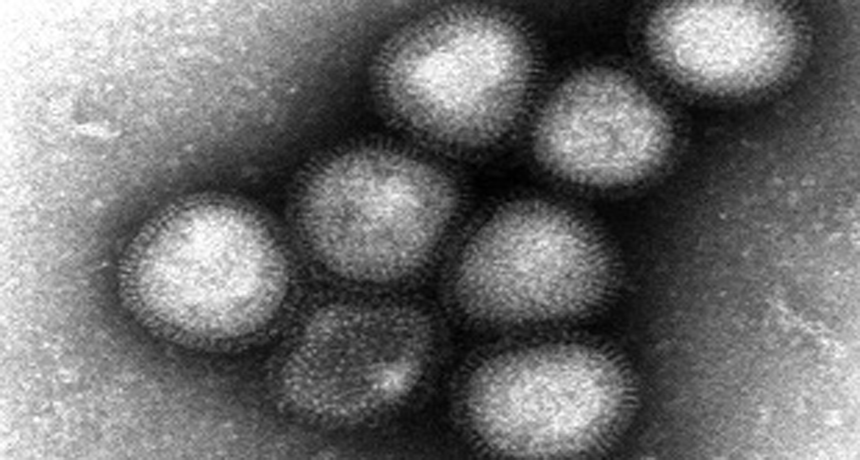Mutated H7N9 strain is drug resistant, spreadable

Strains of the H7N9 flu virus (shown) can mutate to become drug resistant and still maintain their ability to infect cells, a new study shows.
Courtesy of WHO Collaborating Centre for Reference and Research on Influenza, National Institute of Infectious Diseases, Japan







